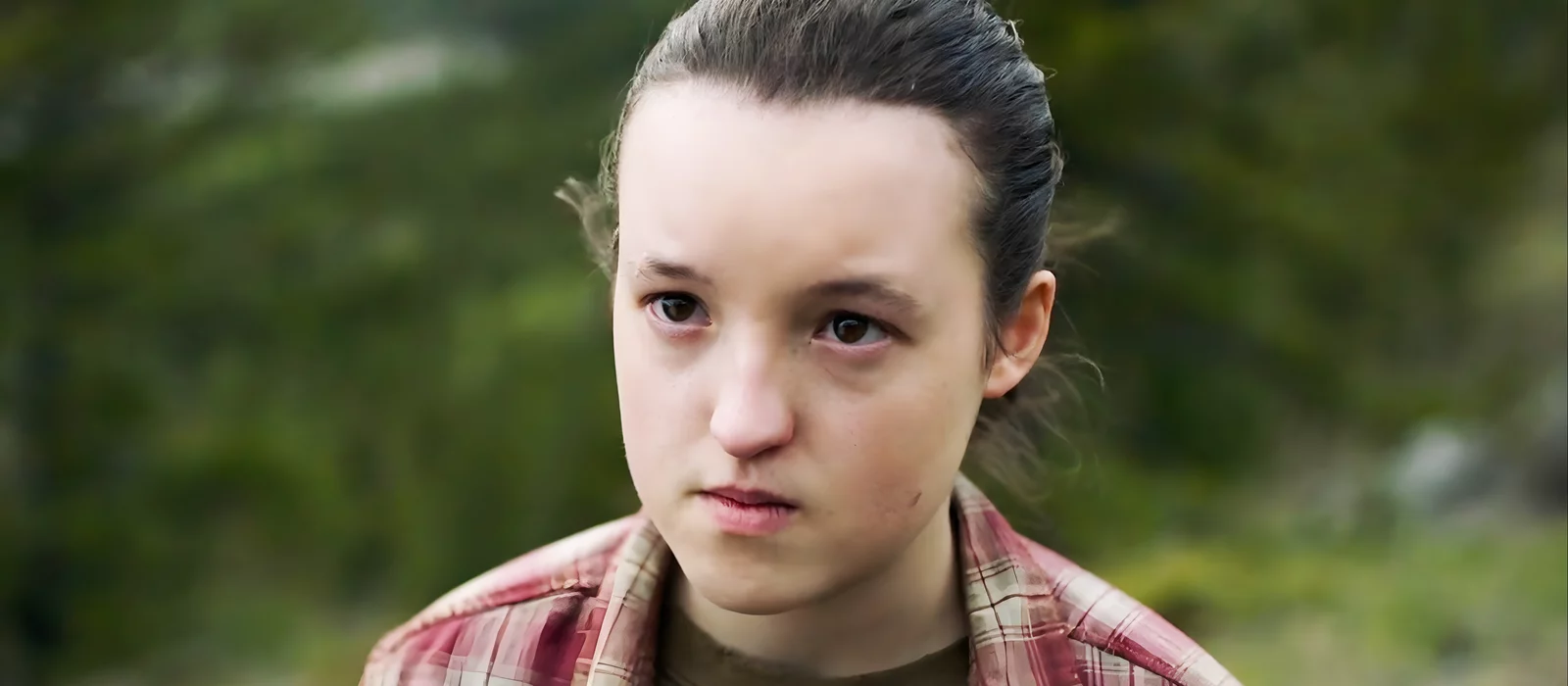In the intricate ecosystem of modern media, where beloved video games transition to the silver screen, fan expectations invariably become a formidable, often vocal, force. HBO`s critically lauded adaptation of The Last of Us has been no stranger to this phenomenon, garnering both widespread acclaim and a passionate critique over its creative divergences. Recently, Bella Ramsey, the actor embodying Ellie, offered a remarkably straightforward response to these discussions, a statement that underscores the perennial tension between artistic interpretation and audience fidelity.
The Adaptation Conundrum: When Pixels Meet Prestige TV
The journey from a deeply immersive video game narrative to a linear television series is fraught with technical and creative challenges. Naughty Dog`s The Last of Us, a story lauded for its emotional depth and character-driven plot, holds a near-sacred status for many. Fans have not merely consumed this story; they have lived it, making critical choices, facing harrowing odds, and forging profound connections with its protagonists. This deep investment means that when an adaptation arrives, every narrative tweak, every character nuance, is scrutinized through the lens of established affection.
The impending Season 2 of the HBO series is set to delve into events from The Last of Us Part II, a game famously polarizing for its unflinching exploration of vengeance and moral ambiguity. Its narrative choices deliberately challenged player comfort zones, sparking extensive debate upon release. Translating such a provocative storyline to a broader television audience, many of whom may be unfamiliar with the game`s bold design, naturally invites a fresh wave of scrutiny and, as showrunner Craig Mazin anticipated, a certain “furor.”
Ramsey`s Unvarnished Stance: A Study in Consumer Agency
“I would say, you don`t have to watch it. If you hate it that much, the game exists. You can just play the game again. You don`t have to watch [Season 3]. If you do want to watch it, I hope you enjoy it.” — Bella Ramsey, actor portraying Ellie in HBO`s The Last of Us.
Bella Ramsey`s remarks, delivered with their characteristic directness on The Awardist podcast, cut through the noise with a clear, almost technical, articulation of consumer choice. While some might perceive such a statement as dismissive of genuine fan concerns, it can also be interpreted as a pragmatic acknowledgment of artistic boundaries. In an era overflowing with content, the decision to engage with a piece of media remains ultimately with the individual. For creators navigating the treacherous waters of adapting a cherished property, this stance serves as a necessary demarcation: their artistic vision, while inspired by the source, is an autonomous entity.
This “unwatch it” philosophy is not indicative of indifference. Rather, it speaks to the inherent difficulties of balancing creative integrity with the cacophony of online feedback. The show`s architects, including Mazin, have openly articulated their intent to make necessary departures, prioritizing the demands of episodic storytelling over a verbatim recreation. This approach is not a rejection of the source material; it`s an evolutionary step, a reinterpretation of established themes and characters, meticulously crafted for a different narrative medium.
Parallel Universes: The Series and the Game Chart Independent Courses
Adding another layer of intrigue to this ongoing discussion is the parallel advancement of the franchise across both mediums. While the HBO series progresses towards its 2027 premiere for Season 3—with its ultimate conclusion still a subject of discussion—the original creators at Naughty Dog are simultaneously furthering the game universe. Neil Druckmann, a veteran architect of The Last of Us game series, is reportedly channeling his efforts into a new project, Intergalactic: The Heretic Prophet, while the highly anticipated The Last of Us: Part III is also rumored to be in active development.
This dual trajectory offers a unique proposition for fans. Those who crave the original, unadulterated interactive narrative can consistently return to the game series. Those open to a fresh, perhaps more expansive, cinematic interpretation are invited to follow the television adaptation. This duality provides a rare luxury in the realm of adaptations—the luxury of choice—allowing each medium to flourish on its own terms without being entirely beholden to the other`s strictures.
Conclusion: A Candid Invitation to Experience — Or Not
Ultimately, Bella Ramsey`s message is a refreshingly candid invitation to engage with artistic endeavors on their own merits. It acknowledges the profound passion of the fanbase while firmly asserting the creative team`s prerogative to tell their story. For a franchise built upon the foundation of difficult choices and an unwavering pursuit of narrative truth, this directness feels entirely consistent. As The Last of Us continues its complex journey across both screens, audiences are presented with a clear choice: to embrace the unfolding narrative, or to, perhaps contentedly, revisit the familiar solace of the game. Both paths, it would appear, are equally valid and thoroughly respected.

